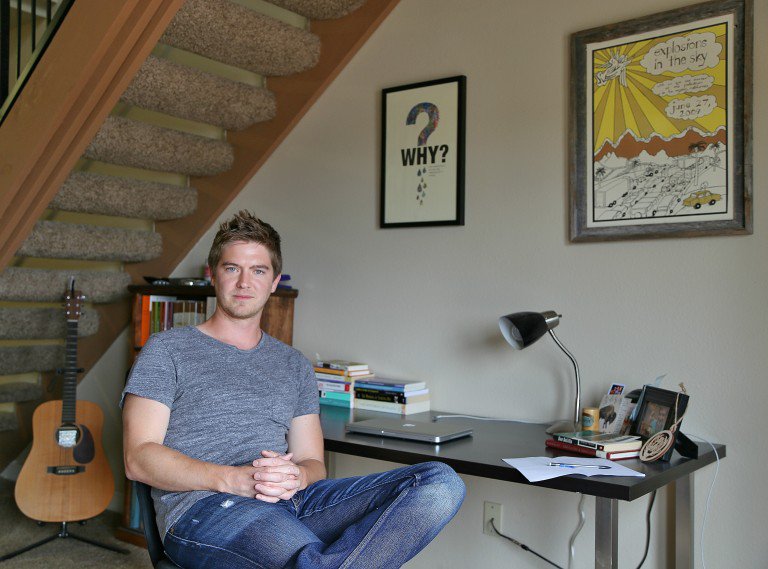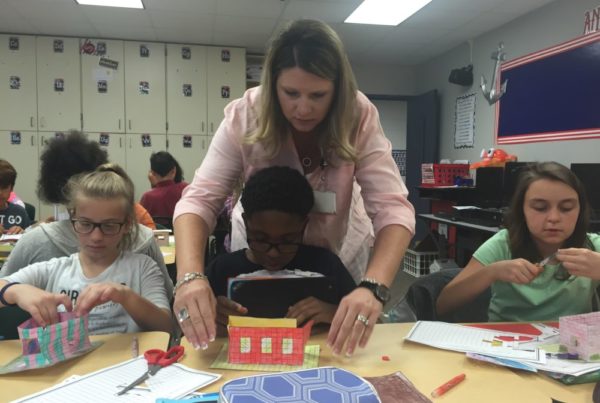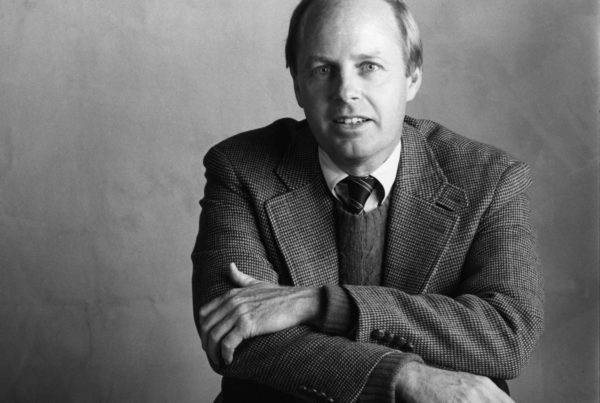From KERA:
When Denton poet Matt Morton first received the call telling him that he had won a creative writing fellowship from the National Endowment of the Arts (NEA), he didn’t know what to think.
“Part of the challenge was figuring out what it meant,” Morton says. “Did this mean that my career is made? Did this mean maybe nothing at all and it was totally arbitrary?”
The 29 year-old, blonde-haired, blue-eyed native North Texan says he took the honor as proof that the work he had been creating was worthwhile.
“The award meant that there were people out there who thought that what I might write in the future was worth supporting and investing in,” Morton says.
That reinforcement puts Morton, who’s getting a PhD. in creative writing at the University of North Texas, in a pretty remarkable situation, Corey Marks says.
“It can allow people to focus on their art for a period of time,” Marks says. “It protects them, so that writing becomes the main thing that they’re interested in.”
Marks knows from experience. He’s the director of creative writing at UNT. And he, too was an NEA Fellow. He says even if you’re like him and you get to talk about writing every single day, that life will continually pull you away from your own writing. The $25,000 that’s awarded to NEA fellows helps you focus. It makes art happen.
“I think art is one of the important things that comes from our culture and I think poetry in particular is essential,” Marks says.
Morton grew up in Rockwall. He’s the son of newspaper editors. And he says that he was raised in a house that was really interested in language.
“I often heard conversations about what it was like to edit or write,” Morton says. “And so thinking about how words work was something that was part of my consciousness early on.”
Morton’s parents say he started reading around age three. He was the sort of kid that brought books to restaurants. But he thought he’d be a novelist, not a poet.
“I tended to write stories where characters didn’t do a whole lot, but thought a lot,” he says. “So my stories had a lot of description, meditation, but they didn’t have much tension. They didn’t have that plot that made a reader hooked.”
During college at the University of Texas at Austin, a professor encouraged him to give poetry a go. So he did. Now he loves it. But even though it’s his passion, he understands why some people have issues with the government funding the arts.
“Yea, I mean, I don’t think any writer would say – In fact, I know no writer would say – that the NEA is more important than healthcare or creating jobs,”Morton says.
He thinks about the NEA fellowship like this: “It would be like funding medical research,” he says. “You’re not exactly sure if anything is going to come of a particular study, but you’re giving them the opportunity to discover something.”
The opportunity for discovery is rare, but Morton has been trying to make the most of it.
He completed his first book of poetry right before he received the NEA fellowship. The poems were about his family, his insecurities and even about dealing with mental illness. Since then, he’s almost completed a second manuscript. And this time round, he says his audience is more front of mind.
“I think my poems have become less self-conscious and affected the more that I’ve acknowledged that I do care about a reader’s response,” he says. “And I’ve started to think more about, you know, what would be interesting for other people and not just for me.”
Morton hopes to write poetry that investigates life’s bigger questions like what it means to long for something you’ve never had. He says that if he’s going to be worth the NEA’s investment, he’s got to get away from simply looking inwards and explore what makes people happy and what makes them hurt.
















